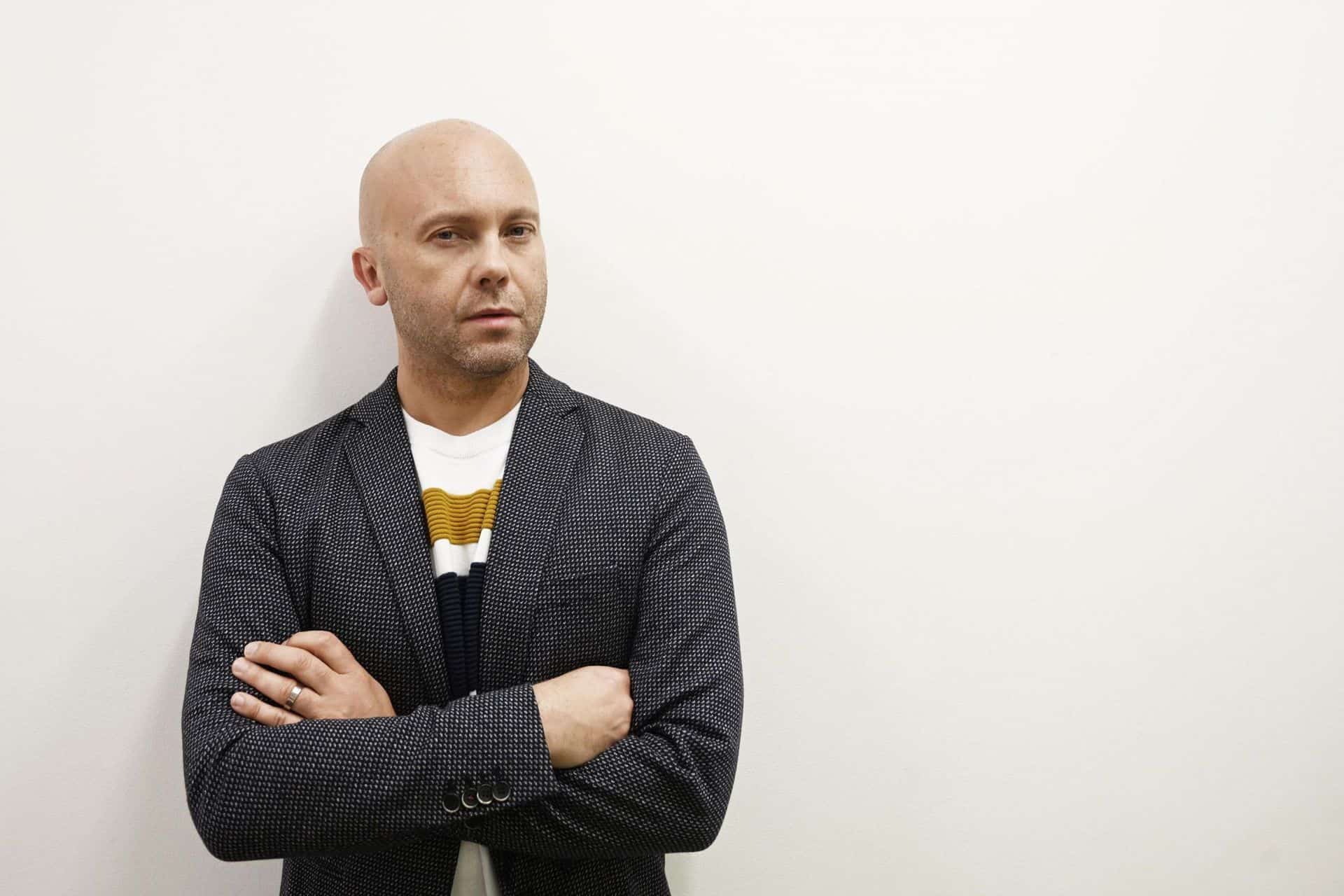Why reporting without prejudice, fear and favour is crucial to our Covid-19 coverage
By Patrick Strudwick, LGBT Editor Buzzfeed UK
Pandemics exploit inequality, and so beyond the more immediate safety concerns about covering this crisis, lies the deeper task for reporters: to reveal what this infectious disease says about us and what it does to particular groups.
Until just weeks ago, it was fair to say that while HIV/AIDS exploited social and economic vulnerabilities, COVID-19 targeted medical ones: age and pre-existing conditions. But now we already see signs that the coronavirus does both. In the US there are accounts of black Americans being more severely affected. We see homelessness NGOs sounding warning bells. We see clusters in the West Midlands of Britain, home to many South-Asian families. We see bus drivers and frontline workers disproportionately dying. And throughout the world, a new measure of inequality is surfacing: those able to socially distance themselves or safely self-isolate, and those who are unable. Reporters, then, must find ways to track the structural and social behind the medical and macro-economic.
The trouble is that reporters as a group are not a representation of their society, but a representation of those lucky enough (as well as talented and determined enough) to reveal it. Even during normal service, a person’s luck can blind them to the experiences of those without it. Prejudice is the antithesis of journalism yet it infects it everywhere. It must be blasted away and now more so than ever. This is not just about avoiding using pictures of Chinese people in masks to accompany all COVID-19 stories or highlighting President Trump’s use of the phrase “the Chinese virus”; it means delving deeply into communities to see how they are uniquely affected, and why.
This takes time, when there is none at this stage of the tornado. There is also less opportunity for distance — in terms of perspective and objectivity —for the reporter, to help see things clearly and fairly. But unlike HIV/ AIDS, Ebola, Swine or Avian Flu, this disease affects everyone, and everyone’s mental wellbeing. Trauma infuses all, and the reporter must therefore ethically and sensitively interview the bereaved, for example, while also managing their own loss or fear. They must interview the victim of domestic abuse enacted during lockdown while themselves, perhaps, being abused in their home. Few are prepared for this. Even war reporters do not often contend with losing their own family in the war they cover. This issue will only heighten over the next few months. I fear for the psychological wellbeing of a profession that has never been very good at seeking help, or allowing for our own vulnerabilities.
There follows another issue: hope. Our desperate need for this as individuals, and our awareness of the public’s need for it, can lead to incaution or even mistakes. We want so much to believe that a vaccine is mere months away, or that because a laboratory with a great PR department has hailed a “major potential breakthrough”, it could weaken our due diligence. The lure of promise cannot undermine our normal instinct to take nothing on face value. We have already seen this in some reporting.
We obviously cannot automatically accept the word of any leader, government, or official, that a cure is just on the horizon, that millions of antigen tests are just around the corner, or hoards of antibody tests are too — or even that they are remotely efficacious. Even after 40 years of HIV/AIDS journalism, reporters new to that pandemic have repeated the mistake of false hope; overhyping the potential for a cure, garnering huge interest and achieving nothing other than misleading the public that we are close, and that perhaps, more work need not be done.
We see in this another challenge for the profession: the crisis that crosses all specialisms. Political reporters are scrambling to ask the most incisive medical questions of leaders who themselves are also not medically trained. Health journalists cover elements of this pandemic that hinge on the economic. We have, therefore, to use our specialist knowledge but ask for help from our colleagues with persistent humility.
This is the pandemic that tests journalism like no other. To pass this test, we must all look to our flaws, as well as to our humanity, to show why reporting itself — free, devoid of prejudice, fear or favour — is crucial to the wellbeing of our world.

Author photo